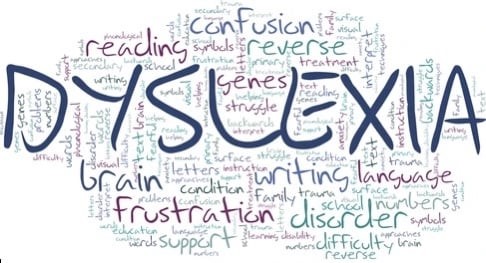Amid growing concerns over youth violence, literacy specialist Joy Sharon has highlighted a critical yet overlooked factor: undiagnosed dyslexia. Speaking on Friday, Sharon emphasized the urgent need for research and reform, citing mounting evidence linking low literacy levels to criminal behavior. She warned that the failure to identify and support dyslexic youth is contributing to a troubling rise in youth offending.
Dyslexia, a lifelong language-based learning difficulty, affects reading, writing, and spelling due to challenges in processing language. It is unrelated to intelligence but involves difficulties in identifying speech sounds and their relation to words and letters. Symptoms often emerge when children start school, manifesting as struggles with reading fluency, poor spelling, and difficulty sounding out words.
Sharon pointed to international studies showing that nearly half of prison populations are dyslexic, with some U.S. research indicating that 47% of inmates have the condition. “There’s an over-representation of dyslexia in the prison system,” she noted, stressing that this connection is being ignored in Barbados. She criticized the lack of attention to dyslexia in schools, where children with the condition often go unsupported, leading to severe emotional and academic consequences.
Recent data from Barbados underscores the issue. A government study revealed that 95% of inmates convicted of violent crimes read at the level of a three-year-old. Cheryl Willoughby, director of the Criminal Justice Research and Planning Unit, called for a reevaluation of the educational system to identify and support children with learning challenges early. “We need to have proper monitoring systems within our schools,” she said, advocating for early intervention and the inclusion of social workers to address these issues.
Superintendent of Prisons DeCarlo Payne highlighted a concerning trend of younger offenders entering Dodds Prison, with inmates as young as 15 or 16 committing increasingly violent crimes. In response, Minister of Home Affairs and Information Wilfred Abrahams announced a reform agenda focused on rehabilitation through educational opportunities, extending these programs to prison officers as well.
Sharon urged schools to identify and support students with learning difficulties before they fall behind, emphasizing that early intervention is crucial not only for literacy but also for preventing long-term social consequences. “If you don’t know you have a learning challenge, you think there’s something wrong with you,” she said, stressing the impact on self-esteem and self-worth. Addressing dyslexia, she argued, is key to breaking the cycle of crime and incarceration.
